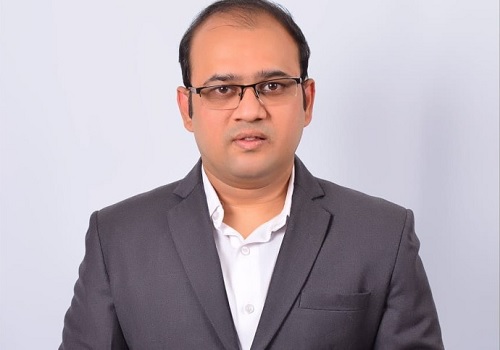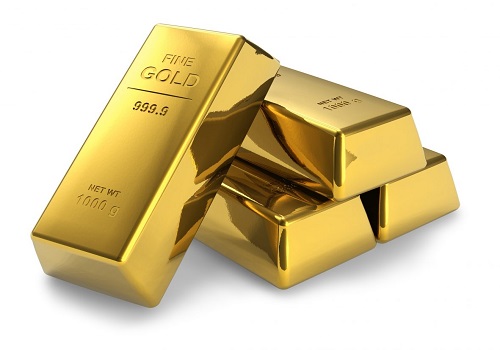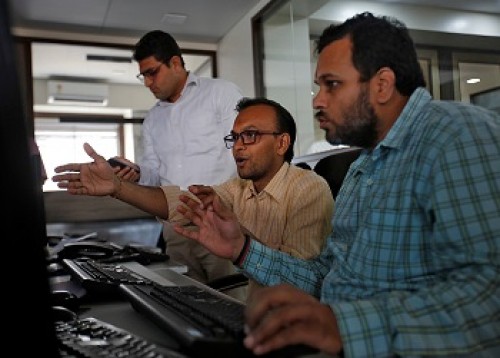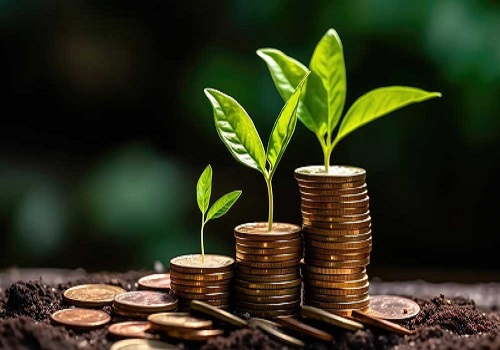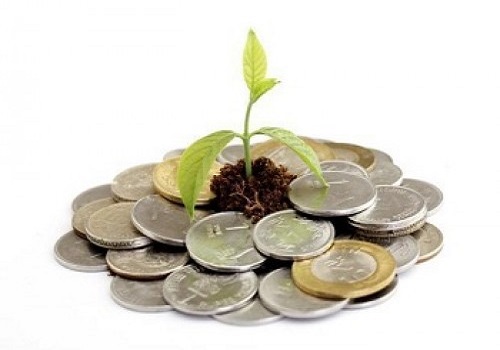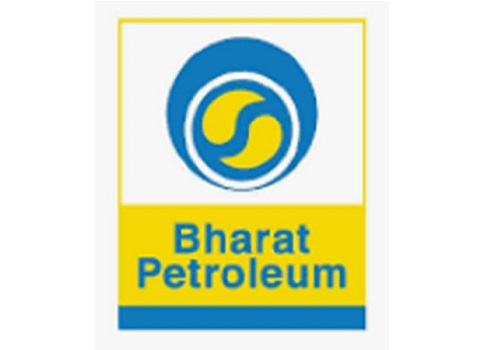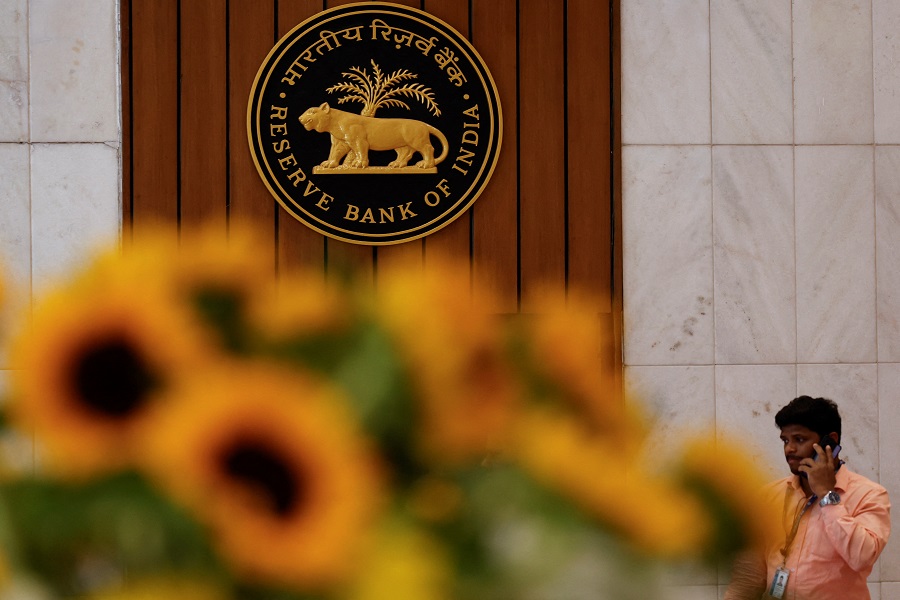Lab grown diamonds are used in satellites, computer chips & jewellery

The global market for lab grown diamonds (LGD) that the Indian government has decided to focus on is expected to rise to $5 billion by 2025 and exceed $15 billion by 2023 from the $1 billion in 2020.
Besides, the jewellery industry, LGD are used in computer chips, satellites and 5G networks as they can be used in extreme environments due to their potential to operate at higher speeds while using less power than silicon-based chips.
The LGD has vast application in the field of defence, optics, jewellery, thermal and medical industry.
As the government figures, exports of cut and polished (worked) LGD from India has been growing at fast clip.
During FY21 the exports were $637.97 million and shot up to $1,348.24 million in FY22. This fiscal -- FY23 -- the exports of LGD between April-December stood at $1,387.33 million.
Presenting the Budget 2023-24 in the Parliament recently, Indian Finance Minister Nirmala Sitharaman, said: "The LGD is a technology and innovation-driven emerging sector with high employment potential."
"These environment-friendly diamonds have optically and chemically the same properties as natural diamonds. To encourage indigenous production of LGD seeds and machines and to reduce import dependency, a research and development grant will be provided to one of the IITs for five years," she added.
As per a recommendation made by the Department of Commerce, the research grant of Rs 242 crore over a period of five years to Indian Institute of Technology, Madras (IIT-M) has been approved.
It is proposed to establish an India Centre for lab grown diamond (InCent-LGD) at IIT-M with the estimated cost of Rs 242.96 crore over five years.
The aim of this project is to provide, in mission mode, technical assistance to the industries, and entrepreneurs in the country, in promoting indigenous manufacturing of both chemical vapour deposition (CVD) and high pressure and high temperature (HPHT) systems along with the recipes for expanding the LGD business at the upstream end.
Research efforts would make the technology available for start-ups at affordable cost, increase employment opportunities, increase exports of LGD, thus play a significant role in fuelling India's economic growth.
According to the Indian government, the gems and jewellery sector plays a significant role in the Indian economy, contributing around nine per cent to India's total merchandise export.
Over the past decade, there has been several positive developments in the gem and jewellery sector globally. One of the major technological developments in this sector has been the LGD.
Though, India is one of the leading producers of LGD using CVD technology it has to depend on other countries for the supply of critical machinery components and 'seeds' -- which are the raw material for producing synthetic diamonds.
It is, therefore, imperative that India develops its own, indigenous technology for producing the critical machinery component seeds to remove the import dependence that we have in the case of natural diamonds, the government said.
Good quality LGD with qualified certification, produced from the developed equipment and process parameters will attract many foreign customers increasing the export volume of LGD and scalability of production.
The documented process parameters and the developed recipe will encourage new entrepreneurs to enter the LGD business making it easier and cost-effective to set up the facility, start the business and generate employment.
"This is indeed the right time to set up a diamond factory in India, given that diamonds have thermal and electrical properties making them superior to contemporary technologies like silicon, silicon carbide and gallium nitride. IIT-Madras will work towards producing diamond wafers suitable for electronic applications," V. Kamakoti, Director of IIT-M, had said.


